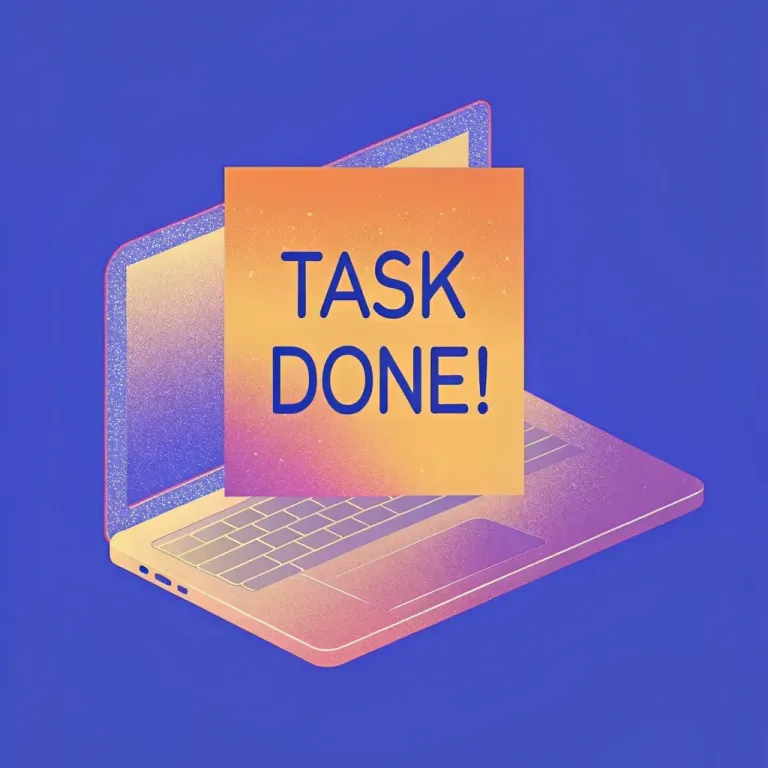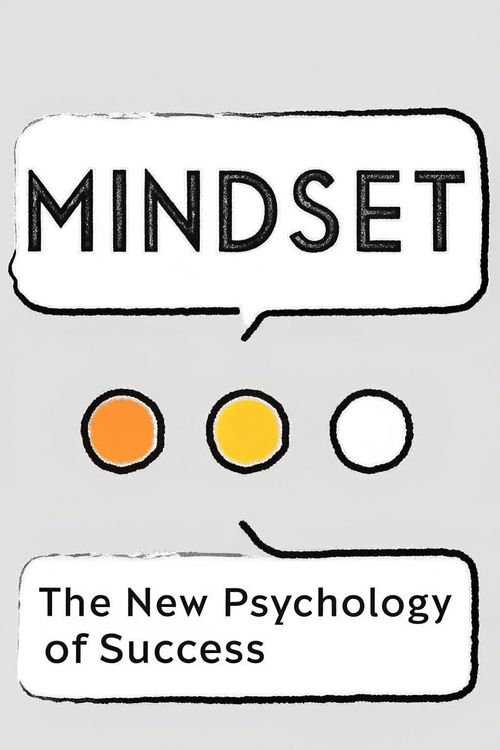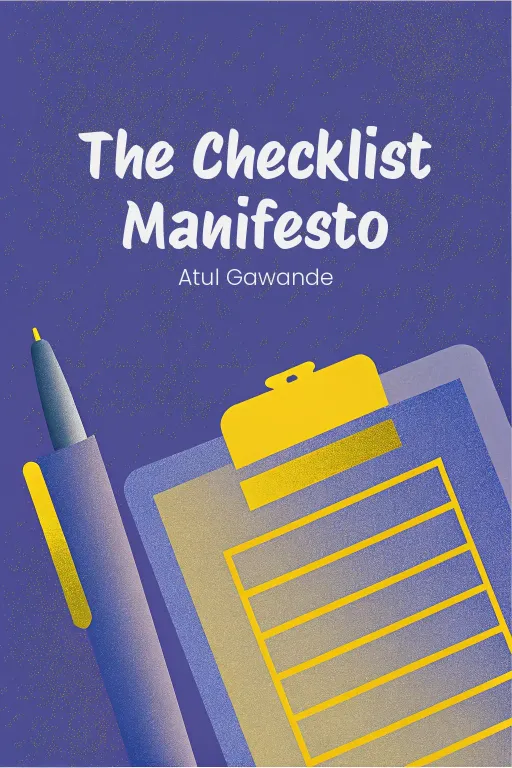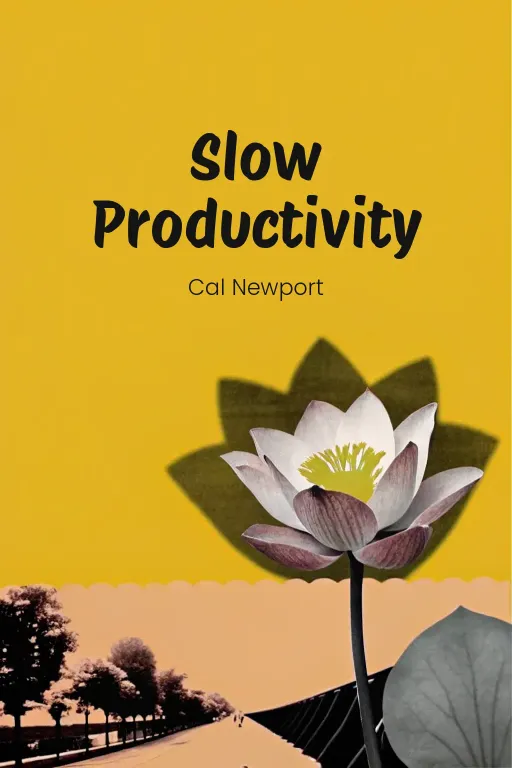
Remote Work: Hack Productivity, Not Time!
Podcast by MBA in 5 with Roger
How the Most Successful People Work from Home
Remote Work: Hack Productivity, Not Time!
Roger: Are you finding working from home feels more chaotic than productive, more draining than freeing? If the promise of flexibility hasn't quite translated into peak performance and satisfaction, you're not alone. What if you could transform your home workspace from distraction into a productivity powerhouse? Roger: We're diving into "The New Corner Office" by Laura Vanderkam. The core insight, the one thing to remember, is this: thriving in remote work isn’t about replicating office hours at home; it’s about fundamentally redesigning how you work by managing tasks, not time. Think of the difference between a factory worker paid hourly regardless of output, versus a craftsperson paid for the results they create. Successful remote workers adopt that craftsperson mentality, focusing relentlessly on achieving valuable outcomes, not just logging hours. It’s about seizing control and making remote work truly work for you. Roger: So how do we make this shift? The first principle is a foundational one: Manage by Task, Not Time. Forget clocking hours; focus on results. Vanderkam highlights leaders like Meredith Monday Schwartz of Here Comes the Guide. She realized productivity soared when her team focused on achieving specific outcomes, asking "What is the result we’re looking for here?" instead of tracking hours. For you, this means defining your key objectives – maybe 3-5 crucial things that must get done each day or week. Make a contract with yourself. Measure success by accomplishment, not busyness. This also means rethinking meetings – do they have clear, task-oriented goals, or could they be an email? Roger: Building on that task-focused foundation, the next step involves Getting the Rhythm Right. Remote work offers freedom to align your schedule with your personal energy cycles. Are you sharpest first thing? Tackle big projects then. Vanderkam suggests creating rituals, like monks do, to mark the start and end of the workday – maybe a short walk, a "fake commute," or dedicated planning time. This isn't about rigid schedules, but intentional structure. It also means managing distractions proactively. Use a "later list" for stray thoughts or timed work blocks to maintain concentration, creating sustainable patterns that prevent burnout. Roger: Finally, leverage this new way of working to Think Big and Optimize Well-being. Remote work isn't just about efficiency; it's an opportunity for growth. Vanderkam encourages mapping out a "List of 100 Dreams" to clarify long-term aspirations and use flexibility purposefully. But this ambition must be balanced with self-care. Create a designated workspace, incorporate movement breaks, and consciously schedule downtime, recognizing low-energy periods as time for rejuvenation, not forced productivity. Integrate work into a fulfilling life, don't let it consume everything. Roger: So, why is "The New Corner Office" essential reading now? Because it provides a practical, empowering roadmap to move beyond merely coping with remote work to actively shaping it for greater success and satisfaction. It’s packed with actionable strategies from people who’ve mastered this new landscape. Your immediate action step? Take five minutes tonight. Write down the three most important outcomes you want to achieve tomorrow. Then, design your day around completing those tasks, not just filling hours. Notice how this shift changes your focus, productivity, and sense of accomplishment. Roger: That’s your MBA in 5. I’m Roger. See you next time.









